Hill farmers want derogation farmers and those exporting slurry to be the first to reduce their nitrogen output and not lower-stocked suckler farmers.
INHFA president Colm O’Donnell said the Brexit Beef Emergency Aid Measure (BEAM) would see a reduction in stock numbers.
The scheme demands a 5% reduction in nitrogen output from farms, which he said “is a clear requirement for a reduction in stock numbers”.
Requirement
“The fact that this requirement is across the board will mean that many farmers with low stocking rates will also be expected to reduce numbers, which is unacceptable to the INHFA,” he added.
O’Donnell insisted that if stocking rates are to be reduced, it should apply to those with high stocking rates, saying the “obvious starting point being those requiring nitrates derogation or those currently exporting slurry”.
Not the problem
The INHFA president said that the suckler sector is not the problem when it comes to carbon emissions because most suckler farmers operate an extensive farming system with a low carbon footprint.
The INHFA leader pointed out that GLAS farmers have to carry a minimum stocking rate as part of their GLAS plan.
“There is a clear contradiction here that needs to be addressed, which is a point we have raised directly with the Minister,” said O’Donnell.
The organisation has called for a top-up payment on the first 10 cows to ensure full uptake and spend of the fund.




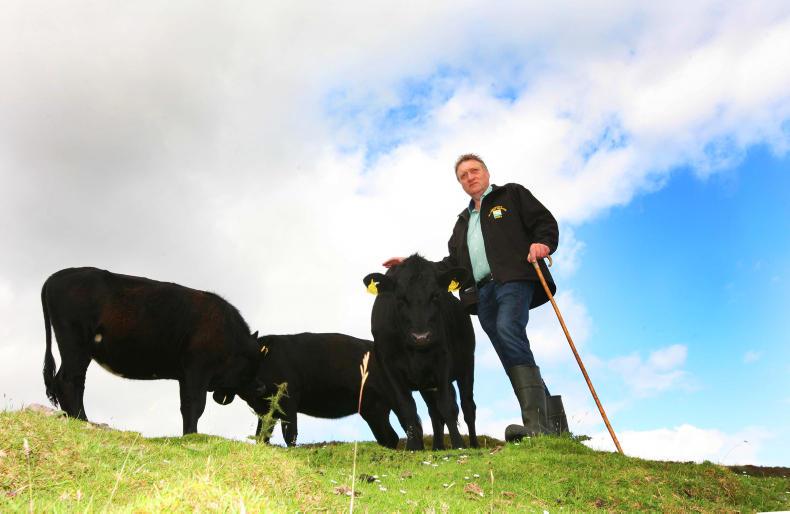
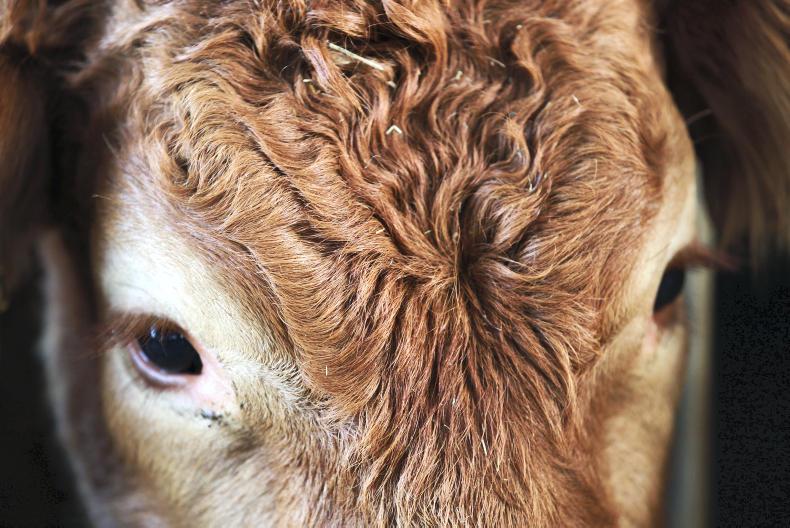

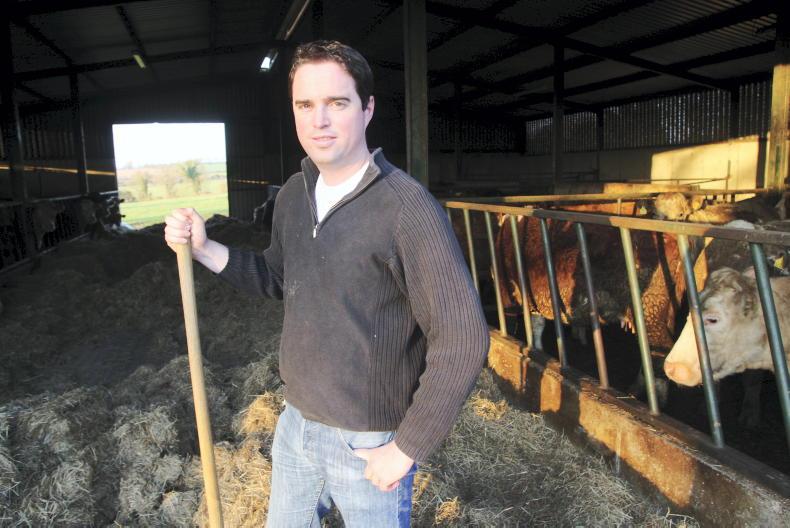
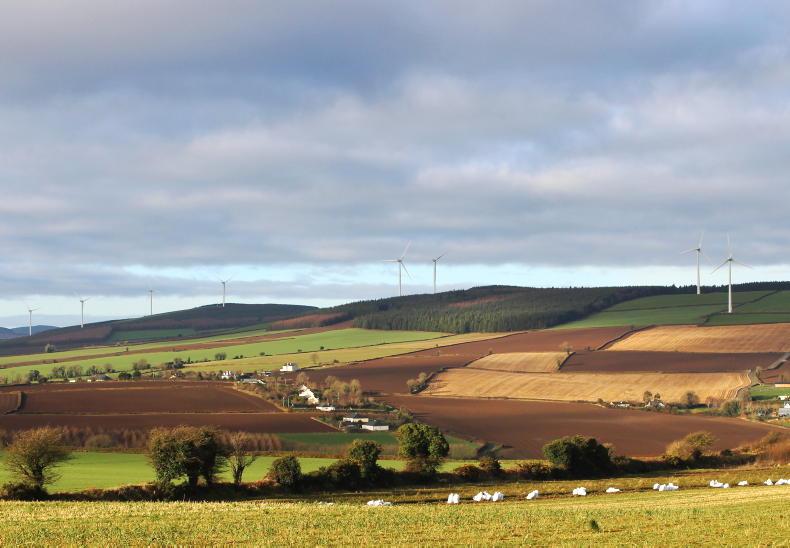
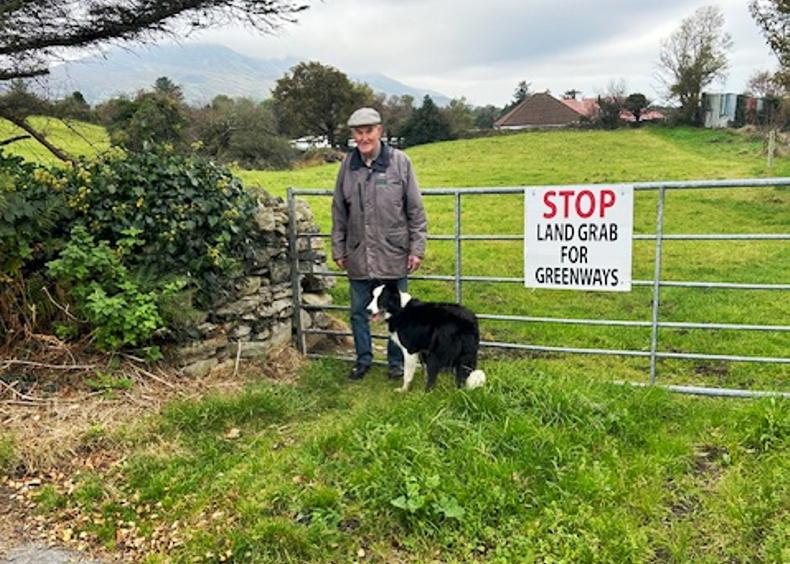
SHARING OPTIONS